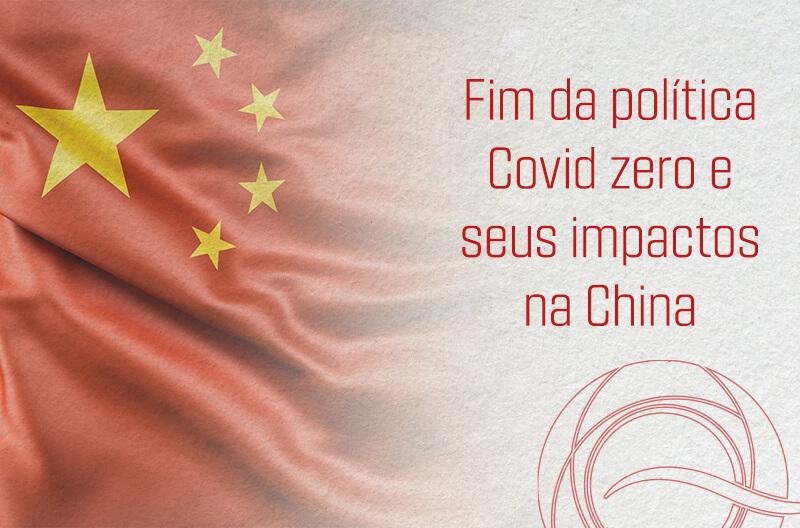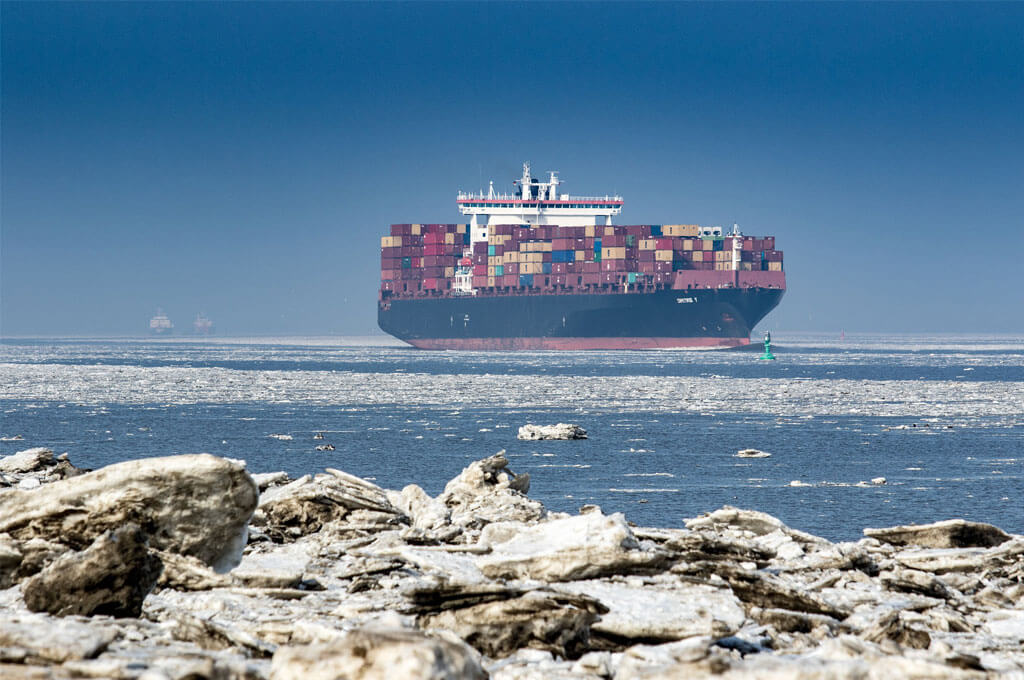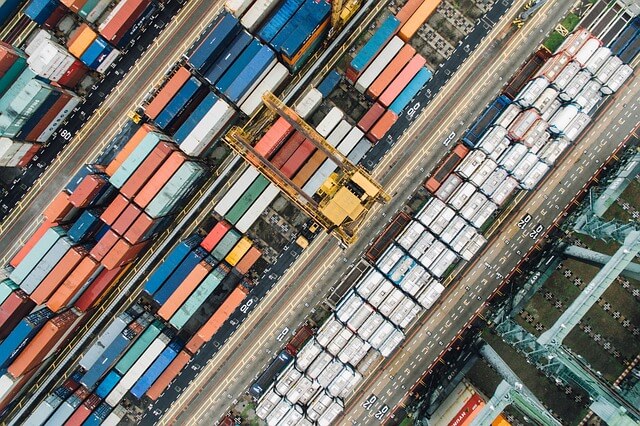
The strict lockdowns of the ‘covid zero’ policy have been a severe blow to the Chinese economy and the effects are increasingly evident.
The youth unemployment rate reached a record 20%, corporate profits declined and the manufacturing sector fell again in November. For a country accustomed to having annual growth rates close to 9% in recent decades, the situation is getting complicated.
International forecasts estimate that economic growth for this year will not exceed 3%, well below government expectations.
If it continues like this, China’s economy will record its slowest expansion in more than four decades, except for the 2020 crisis at the height of the pandemic.
While the Chinese government announced in December that it will relax some of the restrictions imposed by the zero covid policy, it is still unclear what the new measures will be — at a time when infections caused by the population variant, which has not been vaccinated en masse, increase.
Fed up with the lockdowns, hundreds of people staged unprecedented protests triggered by a fire that killed 10 people in a residential building.
The protesters attributed the deaths to the fact that the building’s doors were blocked to prevent contagion from the virus, something authorities deny.
While restrictions on free movement have diminished consumer confidence — even arousing the ire of those who are subjected to long confinements — the government faces the dilemma of shifting the focus on health to stimulate the economy, risking infections getting out of hand.
Lockdowns have caused major disruptions in product supply chains around the world. And within the country the effects have been very harsh for the population.
During the lockdown in Shanghai, Qian notes, food shipments to the city’s confined residents “rotted in the streets as citizens starved.”
A month’s large-scale lockdowns in a city like Beijing or Shanghai reduce economic growth by at least 4%.
The reopening of a country takes time. Even if China decided to end zero covid policy now, the positive economic effects would likely begin to be felt by 2024, according to some analysts.
But it all depends on the reopening plan set by the Chinese authorities and how quickly it will be implemented.




